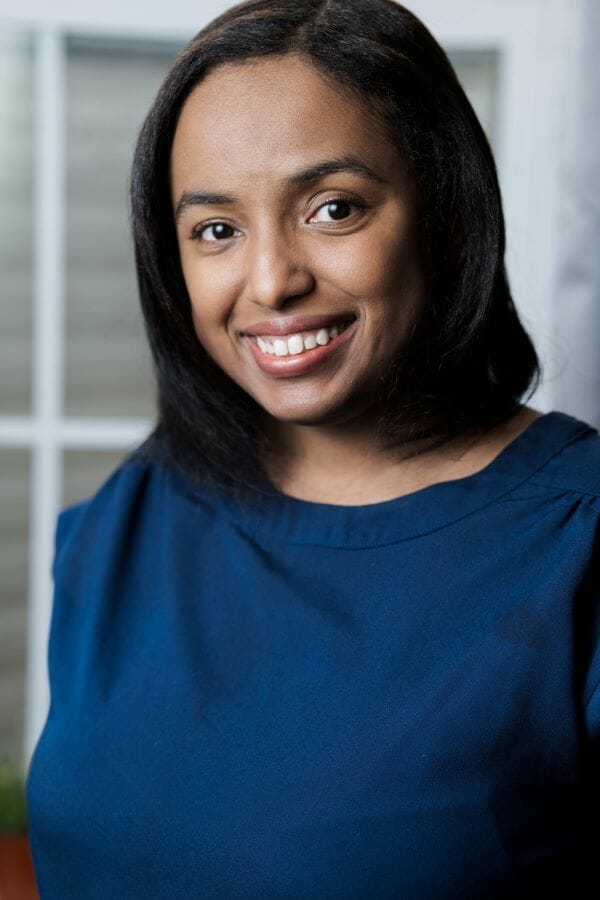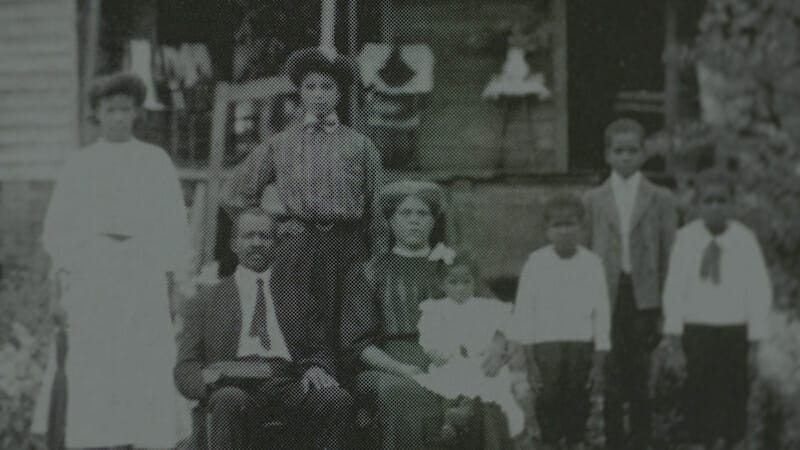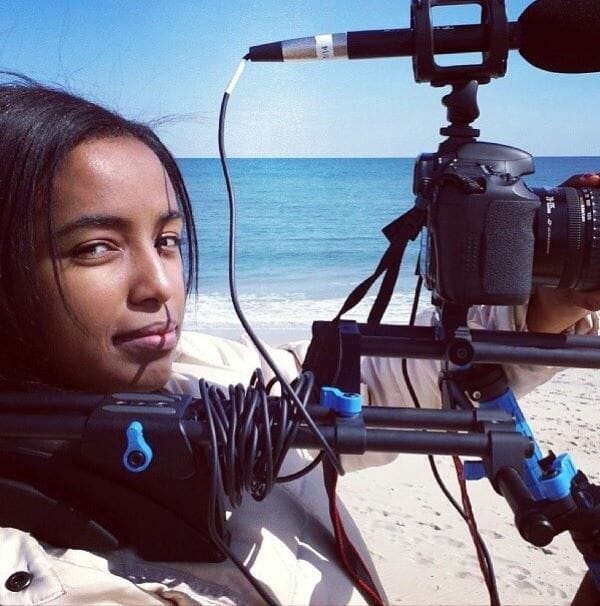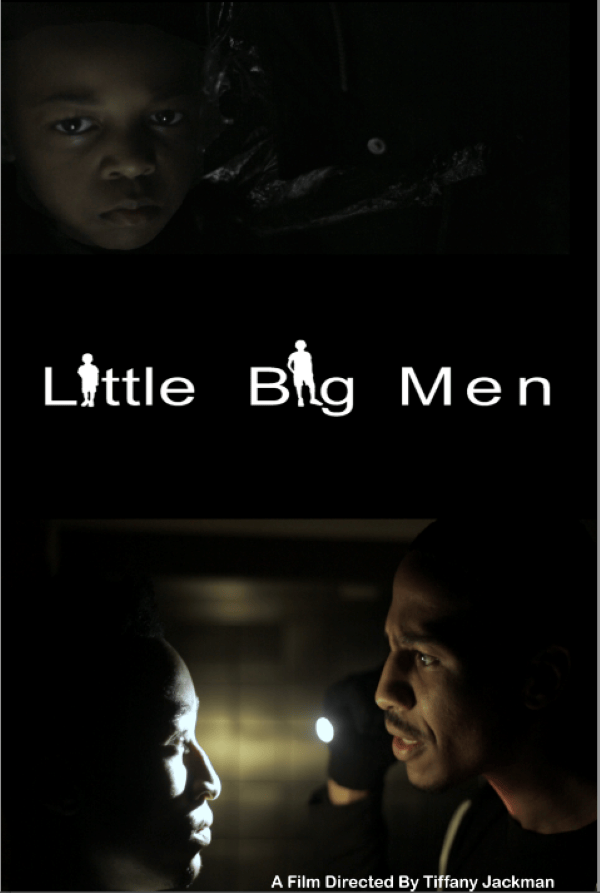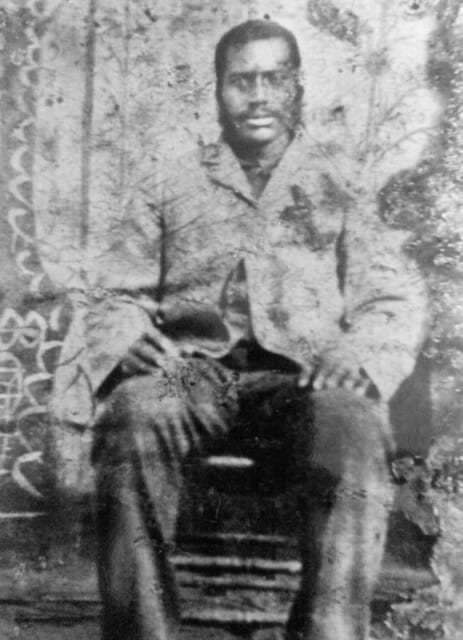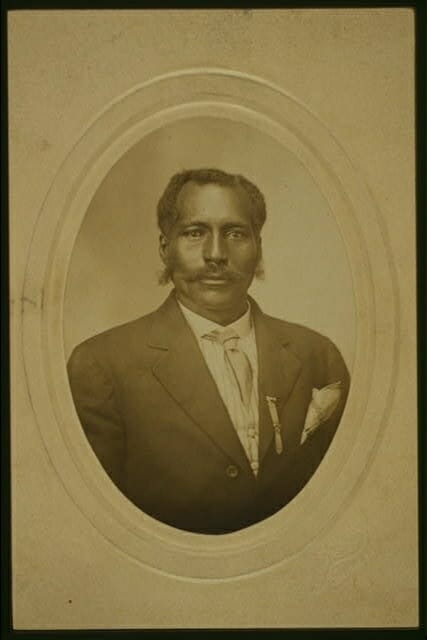Editor’s Note: Read related interviews in the George Floyd: In Memoriam roundup.
Tiffany Jackman is the current head of HOBO films — an independent filmmaker, educator and former worker in the advertising industry. Jackman is more than familiar with the power of good storytelling across all mediums. Also, she is very attuned to the controversies surrounding greater Black representation in films and how this has been associated more with Black Trauma and stereotypes.
Reflecting on what can be done to improve storytelling in the industry as well as her own challenges breaking into filmmaking, Jackman asserts that there is a need for more diverse voices. Jackman says, “We need to hear stories from different types of people. For that to happen we’d need to have more diversity in the decision maker positions…There are definitely gate keepers that you have to convince that your stories can be successful and when a lot of those gatekeepers don’t come from your background it’s hard for them to understand why your story is important or that it actually does have an audience”.
Here Picture This Post (PTP) talks to Tiffany Jackman (TJ) about diversifying storytelling, her background in filmmaking and her role as a mentor and educator.
PTP: What have been your challenges breaking into the industry as a Black female filmmaker?
TJ: The biggest challenge is getting in the door. There are definitely gate keepers that you have to convince that your stories can be successful and when a lot of those gatekeepers don’t come from your background, it’s hard for them to understand why your story is important, or that it actually does have an audience.
In terms of young filmmakers I try to help them in any way I can. I’m a film professor at two universities and my job is to make sure they have the technical skills to make their films happen and then give them the encouragement they need to bring their stories to life. The best advice I can tell them is to just go out and make films. This generation — which is the YouTube, social media, streaming generation — has had the best opportunity to make films and release it to the world, more so than any other filmmaker before them. Good quality cameras are not that expensive and if you don’t have that you can even make a film from your phone. Then, release it yourself and gain an audience. There is nothing stopping you. So, if you have a great story just go out there and make it.
I’ve always loved storytelling. Some of my earliest memories for turning my dolls into TV shows and forcing my three little sisters to watch. They had theme songs and came on at the same time every day. I then started to write plays in school for my classmates to perform but I would get frustrated when the performances weren’t consistent. So, someone suggested to me that I film it so that when it was done right it would be that way forever. So, at 12 years old I bought my first camera and have been doing movies ever since. I went to my dream school --NYU for Film and Television. I learned so much there and made some extremely great friends whom I still collaborate with till this day.
PTP: Do you feel that the growing number of movies and TV shows with Black representation translates into diversity in storytelling?
TJ: I am so annoyed by the lack of diverse stories when it comes to the Black experience. One of the things that used to annoy me the most when I was in advertising was when I was tasked with doing the Black versions of commercials. We would have to use a different style of music and the actors would need to sound more urban in their delivery. I never understood why we had to have two different commercials for the same product. And I hated how they felt Black people needed to sound a certain way because it wasn’t accurate for all Black people.
I, for one, grew up with a family that was raised under the British School System, so in my house we were always taught to speak The Queen’s English. I also grew up in Atlanta, which is like the Black Mecca of the South. It wasn’t uncommon there to see Black people who were lawyers, doctors, or business owners who lived in beautiful homes. So, when it comes to film and television shows, not everything with Black people needs to be about struggling or living in the hood. Not saying that we ignore those things, because I certainly am doing work that covers tough issues, but we should expand the stories.
PTP: From your perspective, what do you think can be done to tell stories in the entertainment industry outside of the narrative of Black Trauma?
TJ: More diversity! We need to hear stories from different types of people. I think the more Black filmmakers that we give a platform to, the more we’ll see a diverse set of Black stories. We’re not seeing it now because they don’t have the platform.
I think the rise in Black Lives Matter has made more people open to the idea of seeing Black films. I hope that it stays that way. For me, my film work has always had a social justice lean to it, so this is nothing new for me.
PTP: Can you tell our readers about your short film, Little Big Men? What inspired you to make this film?
TJ: The story of Little Big Men showed how boys had to be bigger than they really were because of the circumstances that they were placed in. I think particularly boys of color are not seen as kids even if they are just pre-teens which can have tragic outcomes for kids like Tamir Rice, Trayvon Martin or Adam Toledo who not only were not seen as kids but also as threats. This worries me because I have young boys in my family. The boys in Little Big Men are actually my baby cousins. To me they will always be my babies and they are the sweetest little guys, but I worry for when they are not seen as cute kids anymore and possible threats.
PTP: Can you share with our readers why and how you work as a screener/mentor for a Multicultural Advertising Internship Program (MAIP)?
TJ: The MAIP program is a great program and the reason I made it into Advertising in the first place. It takes minority juniors and seniors and gives them internships at some of the biggest agencies in the country. Those internships can be so hard to get if you don’t already know someone on the inside. And advertising desperately needs more diversity.
I got into the program because my older cousin was in it a couple years before me, and he told me I should apply. At the time I was at NYU pursuing the directing route, so advertising was not even on my radar, but he mentioned that commercials are basically mini movies that need directors, producers etc. So, I applied, got in, was placed at a very prestigious Ad Agency and hired right after my internship ended.
In terms of screenings, I get a list of applicants and then I interview them and inform MAIP on who I think should move on to the next stage. I think the most challenging part of my work is just having to be picky about who I decide to approve or not. I pretty much like everyone and want them all to get in.
As for being a mentor, when I was working in advertising, I would always keep an eye out for the MAIP intern--being there to give them advice and tips on how to get the most out of their internship. I’d also introduce them to as many people as I could.
And the most rewarding part is seeing the students get in and then see their careers take off.
Read how filmmakers make their magic— in their own words. Read “FILMMAKERS SPOTLIGHT— Meet Filmmakers Picture This Post LOVES!” and watch this video for a story preview —
Nominate this for The Picture This Post BEST OF 2021???
Click Readers' Choice
Want to see who won the Picture This Post READERS’ CHOICE competition last year?
WATCH THIS SHORT VIDEO—
Photos Courtesy of Tiffany Jackman

